For a Free Consultation

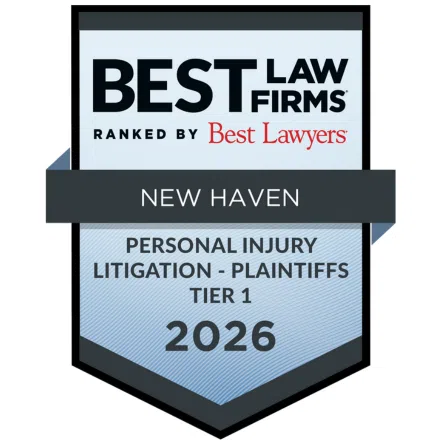
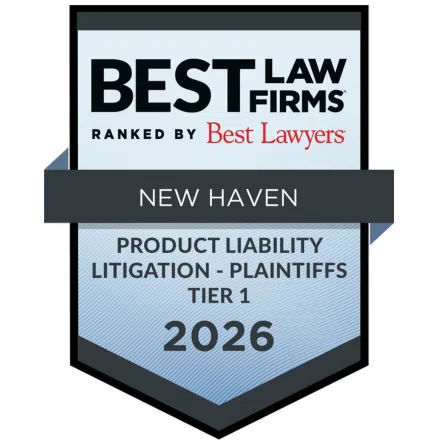
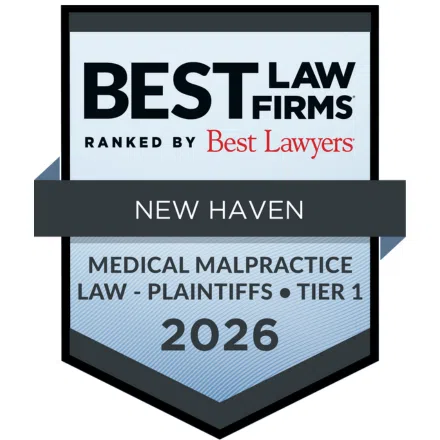
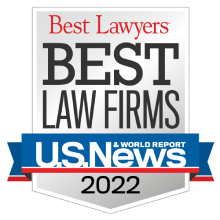

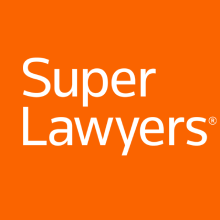
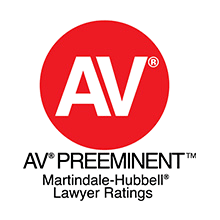
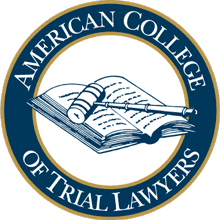
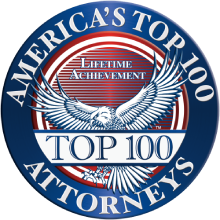
We’re excited to announce that Kennedy, Johnson, Schwab & Roberge, P.C. has been recognized as a Tier 1 firm by
We are pleased to announce that seven attorneys at KJSR have once again been recognized by Best Lawyers as top
Case Details – What to Know A Kennedy, Johnson, Schwab & Roberge, P.C., client has won a $10.2 million jury
January 1st, 2025 – A mother who says her newborn son suffered “catastrophic injuries” when he was not delivered by
Shortly after having our attorneys recognized in the 31st edition of The Best Lawyers in America, we are thrilled to
Kennedy Johnson Schwab & Roberge, is pleased to announce that Attorney Brendan Nelligan has been included in the 2024 edition
2025 Lawyer of the Year Awards Firm partners John Kennedy Jr. and Stephanie Roberge have both been honored as 2025
Bridgeport, CT – In a major legal victory, a Stamford Superior Court jury has ruled that Greenwich Hospital must pay
Our case involved a 69-year-old Stamford resident who presented to the Stamford Hospital ER 3 times in the span of
The Hartford Business Journal, the state’s most trusted source of business news and information, consulted with several leading law firms
We’re proud to announce that our firm has been recognized in the 2024 edition of Best Law Firms®, ranked by
Kennedy Johnson Schwab & Roberge, P.C. attorney Stephanie Z. Roberge was recently recognized by Best Lawyers as the 2024 “Lawyer